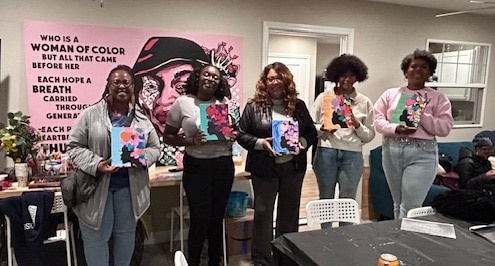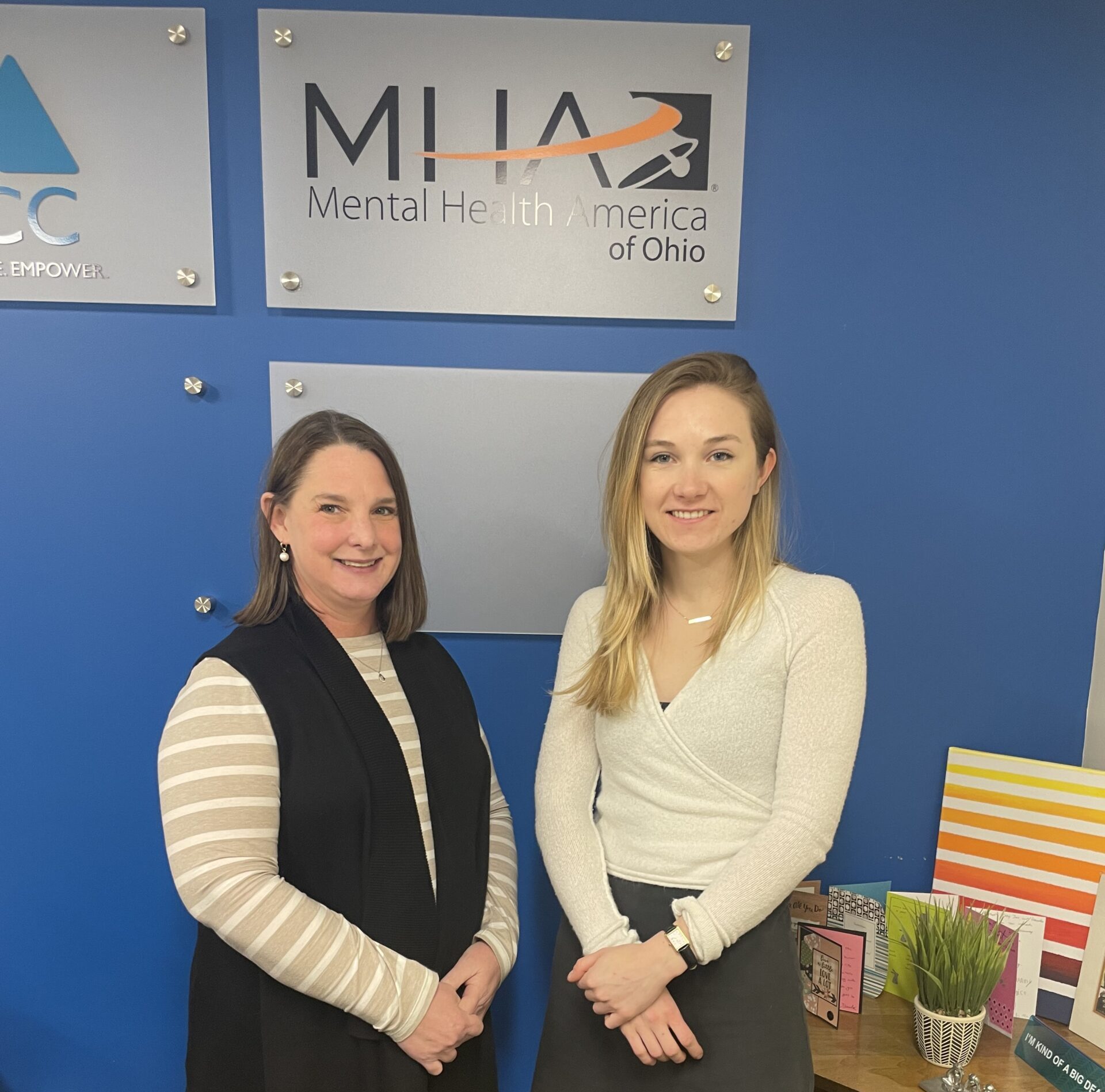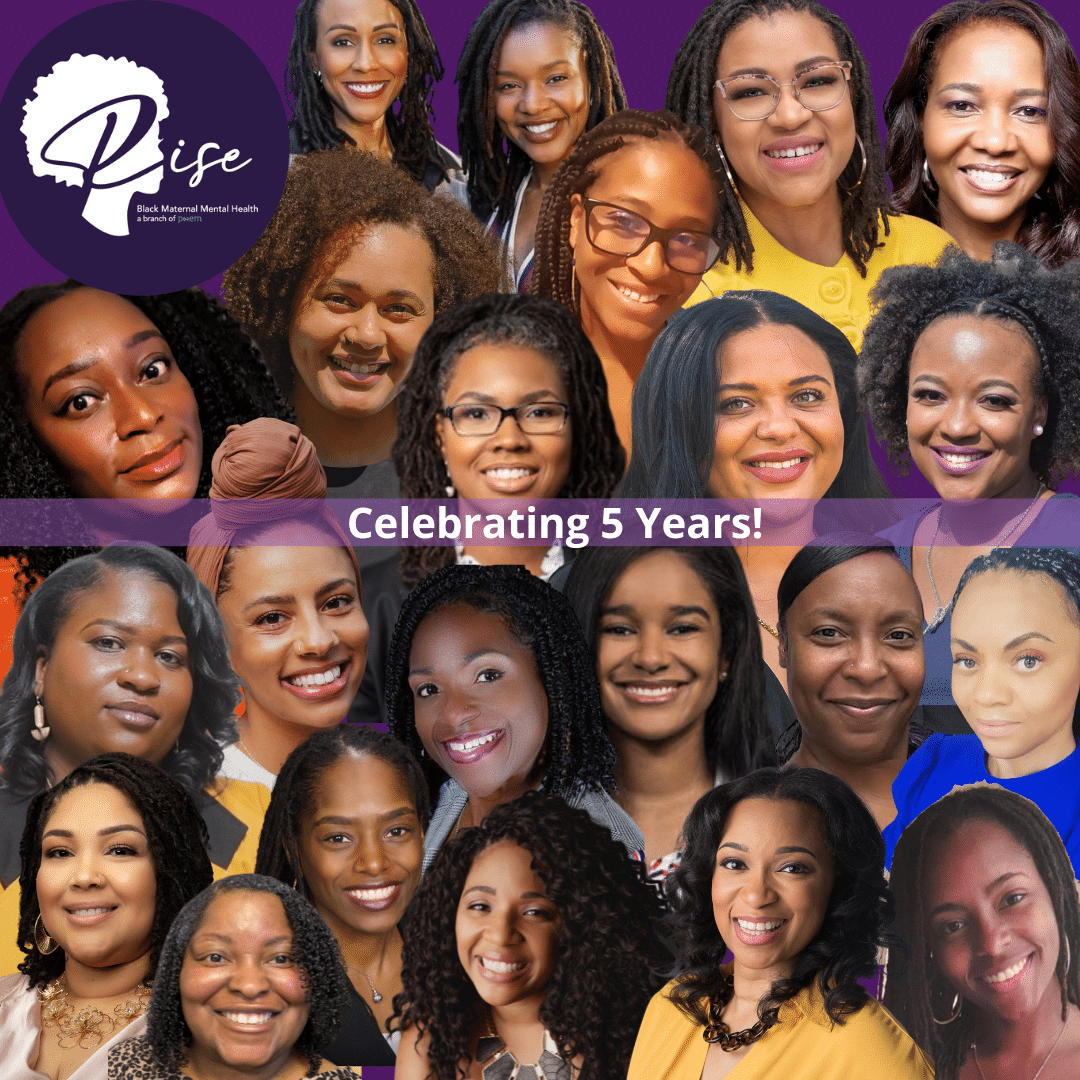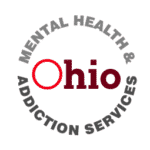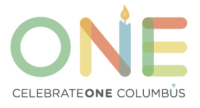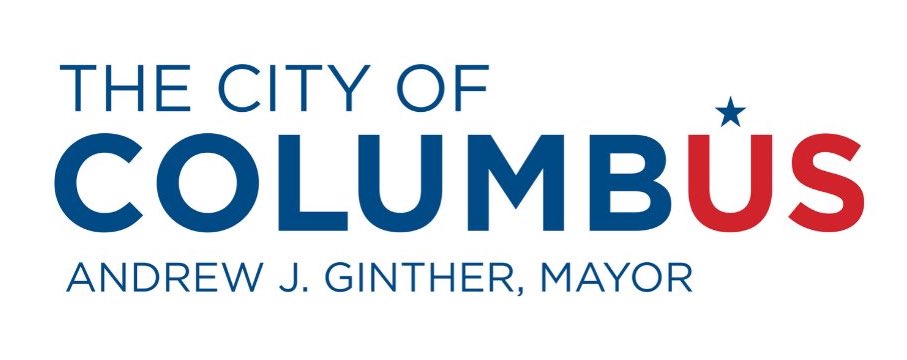Pregnancy and early parenthood are beautiful experiences, but they are also full of challenges that can lead to maternal mental health complications. Having a team of medical professionals and a supportive community makes a huge difference in ensuring that both mom and baby are safe and healthy. But for Hispanic and Latinx mothers and birthing persons, especially those who are new to the US, access to quality care and support is sometimes limited. To help navigate these challenges, MHAOhio’s POEM program created a Spanish-speaking translation service that pairs clients with volunteers who have been there.
El embarazo y la paternidad son experiencias bien especiales, pero también llenas de desafíos que pueden resultar en complicaciones de salud mental maternales. Contar con un equipo de profesionales médicos y una comunidad que brinda apoyo hace una gran diferencia en asegurar que la madre y él bebé estén seguros y sanos. Sin embargo, para madres y personas que dan luz latinx, especialmente quienes recién se mudaron a Estados Unidos, el acceso a cuidado y apoyo de calidad es a veces limitado. Para ayudarles a navegar estos retos, el programa POEM de MHAOhio creó un servicio de voluntarios hispanohablantes que junta a clientes con individuos que comprenden su situación.
“I always tell them that I’m just a fellow mom,” says Leslie Froelich, who has been a Bilingual Peer Volunteer since POEM launched the service in April 2021. “I say, ‘I went through it too, and I’m just here to talk to you in the language you’re comfortable with and find out how we can help, and what you’re looking for, and get you connected.’”
“Yo siempre les digo que soy una madre como ellas”, dijo Leslie Froelich, quien ha estado trabajando como voluntaria de este programa desde sus inicios en abril de 2021. “Digo, ‘yo experimenté lo mismo y estoy aquí para charlar contigo en tu idioma y descubrir cómo te podemos ayudar y saber qué es lo estás buscando’”.
Leslie says that since she began translating, many clients she’s worked with share that they don’t have family nearby and that there are no Spanish-speaking providers available in their insurer’s network. These can be very isolating experiences that can lead to anxiety, depression, and other mental health complications.
Según Leslie, desde que empezó a ser voluntaria con este programa, muchos de los clientes con quienes ha trabajado no tienen familiares que viven cerca. Además, faltan proveedores médicos hispanohablantes dentro de su red de seguro. Son experiencias difíciles que pueden resultar en la ansiedad, depresión y otras complicaciones de salud mental.
“One in seven moms experiences a perinatal mood or anxiety disorder,” she explains. “These conditions are more common than hypertension and preeclampsia, but they aren’t talked about nearly as much. Moms need to know that they aren’t alone, that it’s okay to reach out for help, whether that looks like counseling, medication, or some combination.”
“Una de cada siete madres experimenta algún tipo de trastorno perinatal”, explicó. “Estas condiciones son más comunes que la hipertensión y la preeclampsia, pero no se habla tanto de ellas. Las madres necesitan saber que no están solas y que está bien buscar ayuda, ya sea a través de terapia, medicación o alguna combinación”.
Beverly Ochieng, whose been volunteering for the program for a little over a month, says that even though she is speaking Spanish with her clients, establishing trust is still difficult because of the cultural barrier.
Beverly Ochieng, quien lleva un mes trabajando como voluntaria para este programa, dice que, aunque ella hable español con sus clientes, establecer la confianza puede ser difícil, debido a las barreras culturales.
 “Not all Spanish is the same,” Beverly says. “Different countries have different dialects and word choices. It’s similar to how English can sound completely different coming from someone from New York versus somebody from Great Britain, or someone from Australia. They’re different cultures.”
“Not all Spanish is the same,” Beverly says. “Different countries have different dialects and word choices. It’s similar to how English can sound completely different coming from someone from New York versus somebody from Great Britain, or someone from Australia. They’re different cultures.”
“No todo el español es lo mismo”, dijo Beverly. “Diferentes países tienen dialectos y palabras diferentes. Es similar a como el inglés suena distinto cuando la persona es de Nueva York comparado con alguien de Gran Bretaña o Australia. Son culturas diferentes”.
In addition to increasing Spanish translators and interpreters, both Beverly and Leslie hope to see the medical community continue to learn how to spot the warning signs of mental health complications across all cultural backgrounds, and that communities will continue to destigmatize these experiences so that more mothers and birthing persons feel comfortable speaking up.
Mas allá de contar con más traductores e intérpretes, Beverly y Leslie esperan que la comunidad médica siga aprendiendo a reconocer los signos de complicaciones de salud mental en diferentes contextos de cultura y que las comunidades continúen a reducir el estigma de estas experiencias para que más madres y personas que dan luz se sientan cómodos a buscar ayuda.
“We can do more as a community to break down language barriers and let moms know they’re not a bad mom for having mental health complications,” Leslie says. “And spouses, family members, and neighbors need to support them.”
“Podemos hacer más como comunidad para romper las barreras de idioma y dejar que las mamás sepan que tener complicaciones de salud mental no hace que sean malas madres”, dijo Leslie. “Y los esposos y familiares y vecinos deben apoyarlas también”.
If you have lived experience with maternal mental health complications and would like to volunteer with POEM, please visit our website to learn more.



